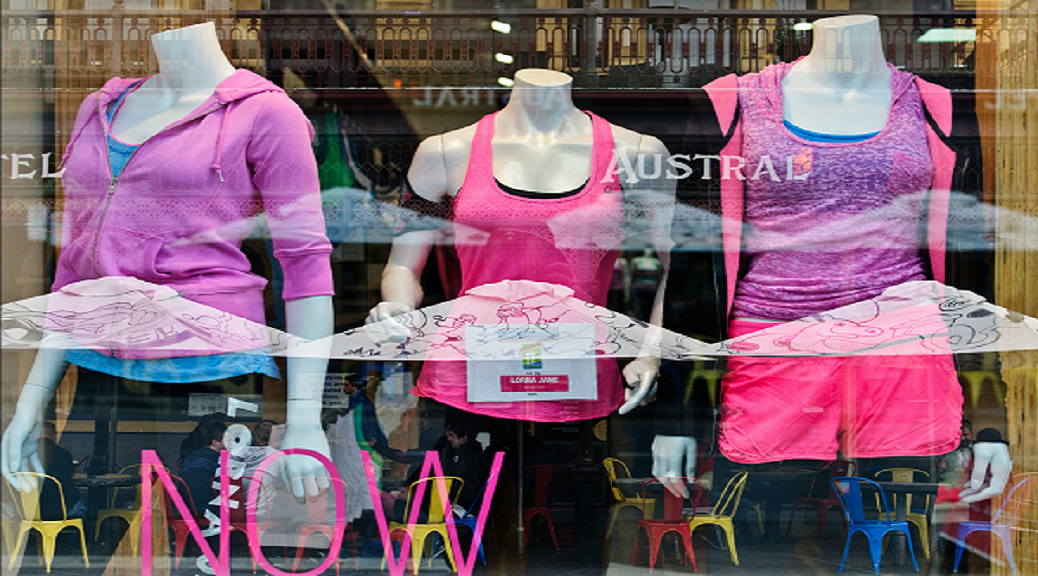I found an old copy of O, The Oprah Magazine in my stuff earlier this week. I used to read those regularly, part of a chain of friends who would read them, be amazed by the wisdom it contained, and pass them along, sometimes with little notes tucked into it. I smiled and decided to take a break from sorting (aren’t we all always eager to take a break from sorting?) and started flipping through its glossy pages, looking forward to a great trip down memory lane and some advice on empowerment.
That intention was firmly derailed when I realised something: there was a big gap between the idea of becoming’s one better self and a lot of the content in the magazine. While many of the O, The Oprah Magazine articles are indeed tools to becoming one’s better self, the magazine’s other content—mostly ads, but by some of the other articles as well—reflect the understanding that I needed a lot of help to make it. In other words, that one’s better self can only be achieved through the improvements provided by a variety of products.
Most of these messages came in the form of ads—and a LOT of them. In the September 2012 issue of the magazine (the sorting was LONG overdue), there were 18 ads for various skin care products; 11 ads for makeup; 10 fashion related ads; eight ads about financial services; six hair care ads; six ads for Oprah related events or products; six ads about socially conscious related organizations; five ads for food items; four housekeeping related ads; three feminine hygiene product ads; three ads for medication and/or supplements; two entertainment ads; two dental care ads; two jewelry ads; two ads for products for kids; and one ad about dieting.
How can a reader believe that she can attain her better self without the help of these advertised products, when the idea behind some 50 of them is that they make up for the fact that she is not good enough as she is?
I understand that ads are a vital part of a magazine’s profitability. But I can’t help but wonder if there isn’t a better way that wouldn’t expose to the double standard, where on the one hand they are told that they are good enough and smart enough and pretty enough, while on the other hand they are told that they need some 18 different skin care products with the implication that without them, they are not good enough. It also makes me realise that this situation could be in part a natural consequence of my decision as a consumer to look for free content rather than pay for it. No doubt this obsession with free content has driven down the source of revenue of many a great writer, creating such dichotomies in the pages of other well-intentioned publications.
Whatever the case may be, it offers us a lot of food for thought as we struggle to figure out what is really needed when it comes to becoming our better self.
Image courtesy of Chad Mauger.
Originally published on Sahar’s Blog on 21 July 2015.

